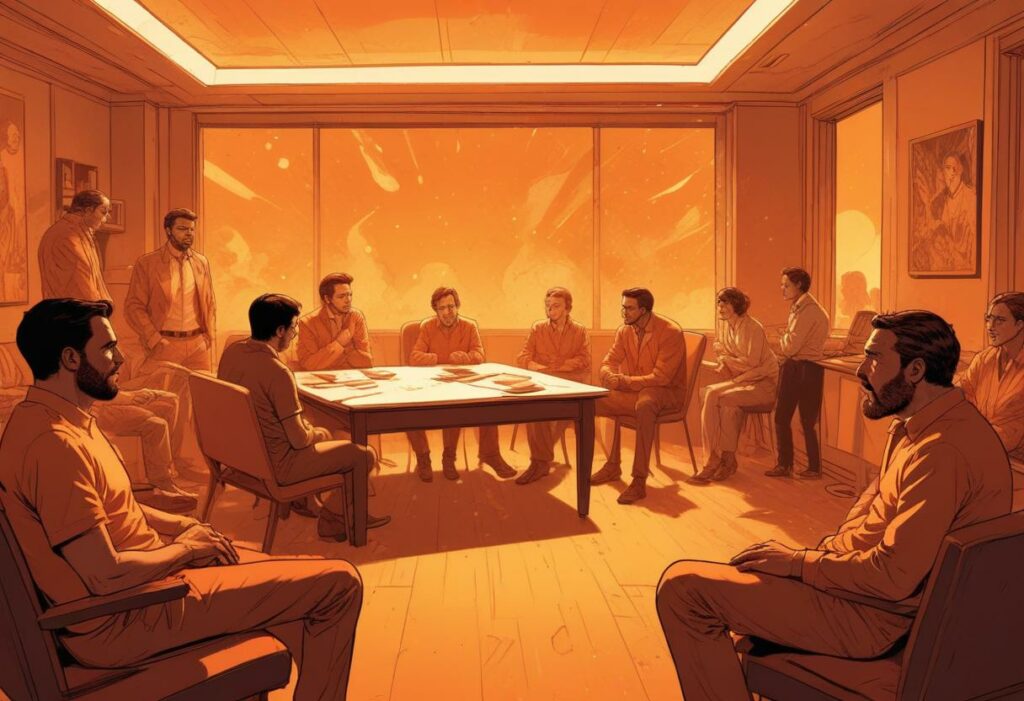In a disappointing turn of events for CityDAO, the once-hyped decentralized city project has begun proceedings to dissolve and return the remaining treasury funds to its contributors, citing a lack of consensus on a path forward.
The revelation came in the form of a proposal from CityDAO founder, Scott Fitsimones. Scott, along with David, had historically played a crucial role in maintaining compliance, paying taxes, and managing off-ramps for the DAO. But with their departure, the DAO has lost crucial personnel responsible for its day-to-day operations.
The former leader expressed frustration over the DAO’s inability to pass more than seven proposals, indicating a lack of agreement on how to allocate and spend the funds held in the treasury. Additionally, concerns were raised about the potential vulnerability of keeping millions of dollars in a multisig wallet, especially given the frequent turnover of multisig members.
As a result, Scott has decided to step away from the DAO entirely, closing bank accounts, off-ramps, and CityDAO’s social media accounts. Furthermore, the DAO will discontinue paying taxes on its properties and completely remove the individual from the operation of the DAO.
The most responsible path forward, according to the proposal, is to return the funds to the Citizens who initially contributed them. Based on a rough estimate, each NFT holder could receive around $320, although the exact amount may fluctuate depending on the value of Ether (ETH) at the time of the distribution.
To facilitate the return of funds, the DAO has proposed the formation of a “Return of Funds Task Force.” This group will be responsible for developing and implementing a mechanism to distribute the funds, either through an airdrop or a smart contract that allows Citizens to claim their share.
The Task Force will have a budget of $3,000 to cover the costs of developing and auditing a smart contract, as well as any legal fees associated with researching the dissolution process.
Once the proposal to return the funds is passed, the Task Force will have 30 days to convene and initiate the process of returning the funds to the Citizens. With only four days left to vote, Snapshot data suggests that the proposal will be passed, signaling the beginning of the end of the DAO.
Over at the forum, the idea was massively lauded, with many members calling for the end of the group. David labeled the move “the most fair” option, revealing that the Web3 collective had $3 million in its treasury, three parcels of land, and $40K in the Parcel 0 multisig.
“DAOs aren’t meant to live forever and it feels that we’re not able to sustainably energize the original mission and so I personally would love to see resources move back into the Ether so that they can decentralize and perhaps find a new home with other missions in the ecosystem of crypto and network states at the discretion of the individuals who currently hold the citizen NFTs,” one pseudonym member stated.
The dissolution of CityDAO marks a significant setback for the decentralized city movement, which aimed to create self-governing communities powered by blockchain technology and decentralized governance models. Despite the initial enthusiasm and vision, the project ultimately succumbed to internal disagreements and a lack of consensus on how to allocate resources and move forward.
As the dust settles on CityDAO, it serves as a cautionary tale for other decentralized autonomous organizations (DAOs), highlighting the importance of effective governance, clear decision-making processes, and the ability to navigate complex challenges that arise in such ambitious endeavors.





